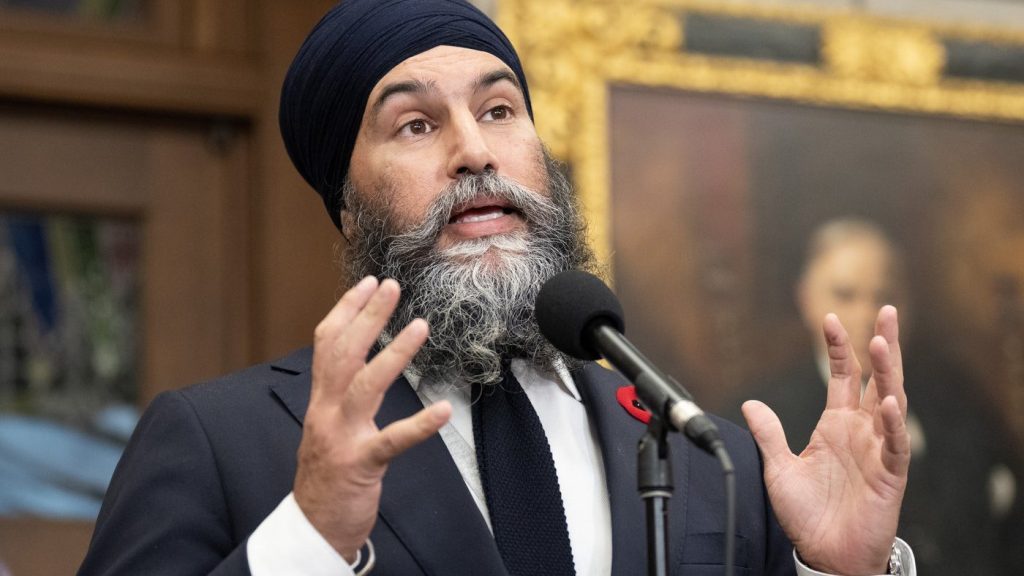New safety officers at Manitoba hospitals aimed at reducing workplace violence

Posted April 10, 2024 5:59 pm.
Specially trained and better equipped security staff are scheduled to start Monday at Manitoba’s largest hospital — the Health Sciences Centre — in a bid to reduce violence against health-care workers.
More institutional safety officers, armed with pepper gel and greater powers than regular security guards, are to be later posted in other health-care settings.
“All health-care workers deserve to be safe and feel safe at their places of work, as do patients,” Health Minister Uzoma Asagwara said Wednesday.
The officers were initially promised by the former Progressive Conservative government in 2021, and legislation was passed to outline their duties and authority.
Health workers have long complained about escalating violence from people under the influence of drugs or having mental health issues. The Manitoba Nurses Union filed a grievance last year, alleging its members at the Health Sciences Centre were not in a safe workplace.
An arbitrator agreed with the union in a decision this week, citing an assault on a nurse who was accessing a staff-only entrance.
“It is my opinion that the current situation on campus, which includes minimal outside security patrols either by vehicle or on foot does not meet the requirements for providing a safe workplace,” the arbitrator wrote.
The new safety officers have undergone training in de-escalation tactics and other skills, Asagwara said, and will offer more protection in and around the buildings.
Nurses union president Darlene Jackson said she welcomes the institutional safety officers, or ISOs, but is not confident there will be enough to keep everyone safe.
“What they’ve done is just take the security guards they have and have trained them to be ISOs, so we’re not getting any increase in what we’ve got,” Jackson said.
“And I’m not confident that that is adequate to cover that huge campus.”
More officers are undergoing training classes within three months, Asagwara said, and the province plans to have 105 of them at various centres in Winnipeg, Brandon and Selkirk.








